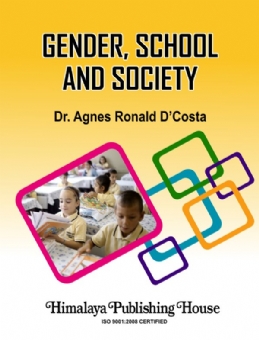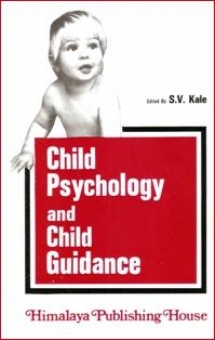The two year B.Ed. Programme has been implemented all over the country from 2015. The Curriculum Framework for this programme suggested three interrelated areas – Perspectives in Education, Curriculum and Pedagogic Studies and Engagement with the Field. One of the compulsory courses under ‘Perspectives in Education’ is ‘Gender, School and Society’. A guiding note by NCTE rightly points our the need to examine how we learn and challenge gendered roles in society. One needs to see how gender identity construction is influenced by forces at home and in the society. In order to enforce gender parity, teachers need to understand and examine the role of the school, society, curriculum, textbooks and the media. Gender stereotypes need to be challenged. Questioning stereotypes will help to rethink our beliefs. Gender equality is a prerequisite to social progress and sustainable development. This book is an attempt to help students and teachers comprehend various interconnected aspects regarding gender and society. The book looks at how education plays a vital role in promoting gender equity and gender equality.
The book includes findings of various research studies. This will help to view the situation from a critical perspective. Statistical data has been quoted wherever required so that students can observe trends and draw conclusions. The work of stalwarts in the field of gender equality has been given due importance. There are special legal provisions to ensure gender equality and gender safety. Laws like the Prevention of Children from Sexual Offences have important implications for educational institutions. Administrators and teachers should be aware of the provisions of such laws. Hence, the book has included detailed discussion regarding such legal provisions. In this respect, the book will be utility value to pre-service teachers as well as in-service teachers and those in administrative positions.
Contents –
1. Understanding Gender and Perspectives of Gender
2. Understanding Concepts Related to Gender (I)
3. Understanding Concepts Related to Gender (II)
4. Gender Identity and Gender Socialisation
5. Gender Related Issues in India
6. Gender and Education
7. Gender Safety and Children
8. Gender Responsive Pedagogy
9. Gender Parity
10. Gender Empowerment: Role of the Government
11. Global Out






